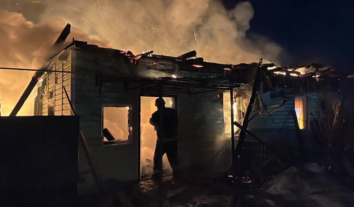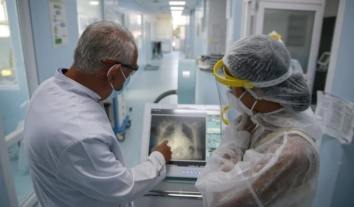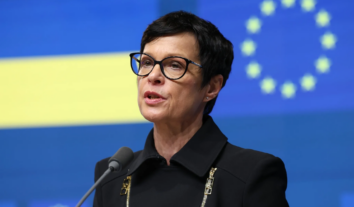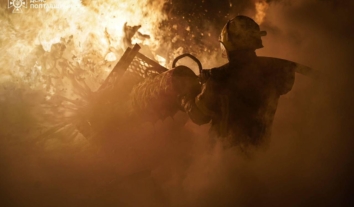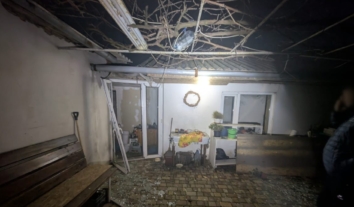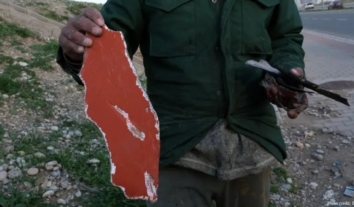Ukrainians urged to sign petition for the Rome Statute ratification
The e-petition for ratification of the Rome Statute has been registered on the website of the President of Ukraine.
“If the Rome Statute is not ratified, corruption will always flourish in Ukraine. If ratified, the events in Crimea and the ATO area have long since been investigated by the international prosecutors,” Serhiy Roslov, the petition’s lawyers, says.
As of September 7, the petition is signed by over 5,700 people.
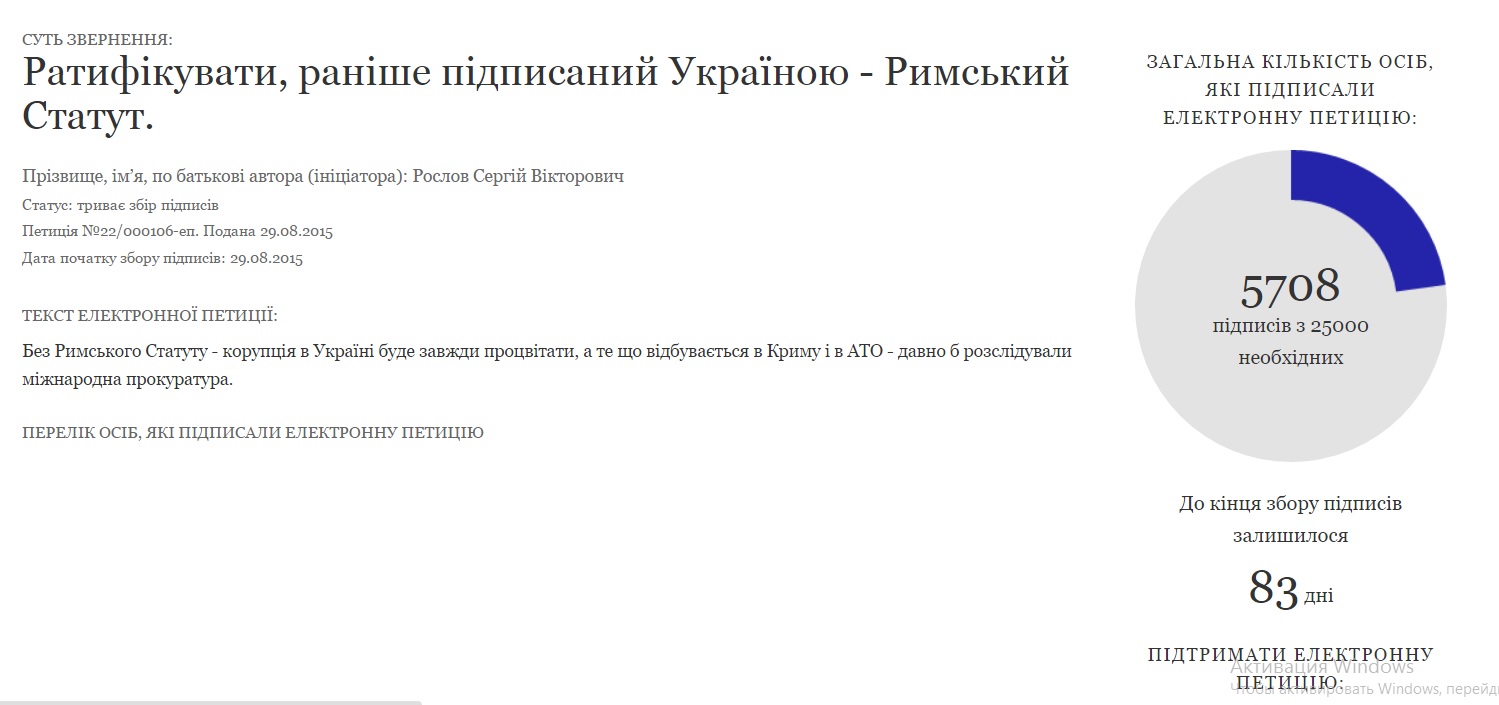
As a reminder, the President of Ukraine should consider the e-petition, if it gathers at least 25,000 signatures within three months upon the date of its publication.
The Rome Statute is the international treaty, which regulates the activities of the International Criminal Court in The Hague. The court was established to prosecute those responsible for crimes against humanity, genocide and war crimes. Under the principle of complementarity, the court may only assert jurisdiction over a case, which the states are “unable” or “unwilling” to investigate themselves, and prosecute the perpetrators of international crimes.
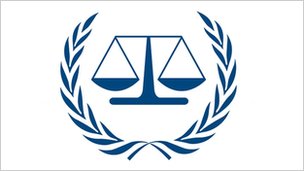
Ukraine joined the Agreement on the Privileges and Immunities of the International Criminal Court (ICC) in 2007. Now Ukraine remains the only party to the agreement, which is not the state party to the Rome Statute. Ukraine signed the Rome Statute in 2000, yet next year the Constitutional Court ruled that the Statute contradicted the Constitution of Ukraine, which made ratification impossible.
January 6, 2015, Ukrainian MPs registered the bill to amend the Article 124 of the Constitution of Ukraine to recognize the provisions of the Rome Statute. However, according to MP Vitaly Kupriy, the document was stonewalled by the parliamentary committee on legal policy and judiciary, headed by MP from the Bloc of Petro Poroshenko, Ruslan Kniazevych.
As reporter of the Human Rights Information Centre Mykola Mirnij says, the President’s team is not interested in ratifying the Statute. Chairman of the Bloc of Petro Poroshenko faction, Yuriy Lutsenko, made it clear that the Statute might be ratified after the armed conflict would be over in Ukraine, the reporter says.
“The President recalled [at the meeting of the National Security and Defense Council of Ukraine] the bitter experience of Croatia and Georgia, where the generals had been imprisoned after defending their countries. After all, if we ratify the Statute, the time will come and Russia will bring some children from shelled regions of Donbas to Europe and will demand that our servicemen are held liable,” First Deputy Chairman of the Bloc of Petro Poroshenko faction Ihor Kononenko notes.
The experts and human rights activists have repeatedly reminded the authorities about the independence and impartiality of the court.
For many months, they have demanded that Ukrainian authorities ratify the Statute, arguing that Ukraine’s accession to the International Criminal Court will prevent international crimes in Crimea, the “DPR” and the “LPR.”
“As for the areas where the investigation is impossible, i.e. Crimea and terrorist-controlled areas in Donetsk and Luhansk regions, the Prosecutor General’s Office of Ukraine will be able to say to the Court absolutely sincerely, ‘We can not conduct the investigation there, so we ask the ICC to conduct the investigation.’ Therefore, the ICC is maybe the only possibility to investigate into the facts of dreadful and gross violations of human rights, committed by the ‘DPR’ and ‘LPR’ terrorist,” human rights activist of the Center for Civil Liberties Oleksandra Matviychuk says.

